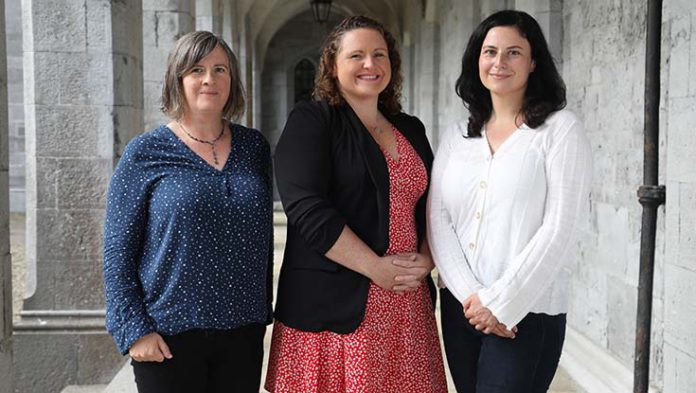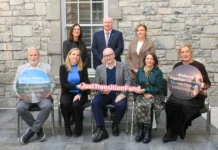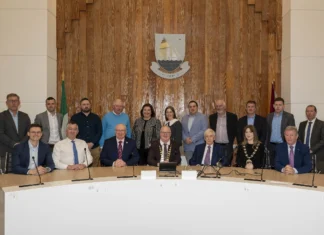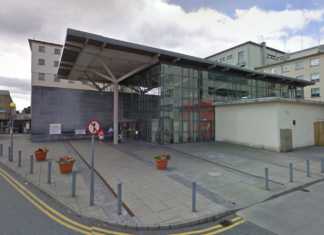
Three NUI Galway researchers have secured funding as part of a new collaborative initiative between Science Foundation Ireland (SFI) and the Irish Research Council (IRC).
Projects led by Dr Jane Conway, Dr Eavan O’Dochartaigh and Dr Alison Connolly will receive a research grant in the region of €500,000 over four years and support the appointment of a postgraduate student.
The SFI-IRC Pathway programme aims to support early career research across all disciplines and to encourage interdisciplinary approaches.
Professor Jim Livesey, Vice President for Research and Innovation, NUI Galway, congratulated the researchers on being awarded the SFI-IRC Pathway funding for their innovate projects.
“This initiative allows researchers to develop the essential skills and experience necessary to become research leaders of the future, and I would like to thank the Irish Research Council, Science Foundation Ireland and the Government for supporting these important research projects.”
Under the new partnership programme, one NUI Galway project will be supported in the area of STEM – science, technology, engineering and maths, with two supported in arts, humanities and social sciences.
Dr Eavan O’Dochartaigh – Exploring the Arctic Archive: Recovering Documentary Visual and Literary Sources of the Circumpolar North in the Long 19th Century.
This project will explore the images and associated texts documenting the western Arctic environment – Alaska, Canada, Greenland, and the Nordic countries, during the period of intense exploration from 1789-1914. It will involve archival research in museums, institutes, and libraries around the world to recover little-known drawings, sketches, and small paintings. Such documents show biodiverse and inhabited places that sharply contrast with the icy realm in people’s imaginations. The work will use archival resources to challenge the persistent image of the Arctic as a “frozen wasteland” and aims to increase public understanding of the region.
Dr Jane Conway – Characterizing the contribution of metacognitive deficits to socio-cognitive impairments in neurodevelopmental and mental health disorders.
Social misjudgements can have negative outcomes, from momentary awkwardness to chronic problems that affect one’s health and wellbeing. Difficulties in understanding other people’s thoughts and feelings are a symptom of many neurodevelopmental and mental health disorders. However, making a mistake but realising that you have made an error is a step towards more accurate social inferences. This ability to evaluate the reliability of your own thoughts is called metacognition. This project examines the role metacognition plays in social skills by studying its relationship with mental health problems, and by investigating whether metacognitive training improves social judgements.
Dr Alison Connolly – EIRE – nEonicotinoid Insecticide exposuREs: an environmental and occupational exposure study of neonicotinoid insecticides.
Neonicotinoid insecticides (NNIs) are used intensively worldwide, and there are growing concerns regarding their possible adverse health effects on humans, as minimal information is available about the magnitude of NNI exposures. This study aims to measure NNI exposures among gardeners working with these products, their families, bystanders and the general population. The research requires the refinement of an analytical method to measure NNIs and their breakdown products in human urine. EIRE will revolutionise our understanding of human NNI exposures and their pathways and stimulate intervention development, such as public health policy, to eliminate or reduce exposures.











